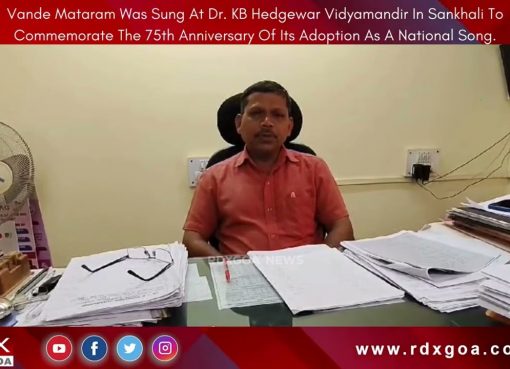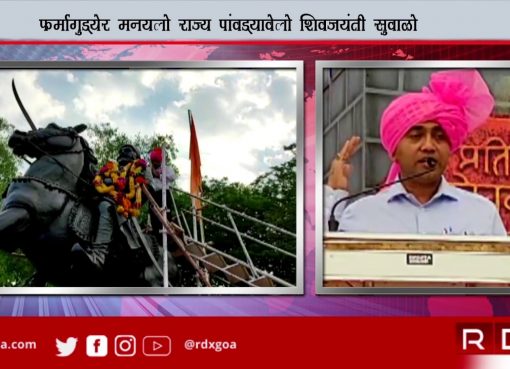Traditional Indian music has immense scope for integration with Ayurveda principles by providing therapeutic value to menopausal women, according to a researcher at an international health meet in this city.
Customised music, along with time-tested Rasayana procedures, helps improve the quality of life among middle-aged females nearing the end of menstrual cycles, Jamnagar-based PhD scholar Anagha Sivanandan told the four-day World Ayurveda Congress (WAC) that concludes tomorrow.
Pursuing doctorate from Gujarat Ayurved University, Anagha employed raga Madhyamavati as a 20-minute package of vocals, accompanied by four instruments, in her study, which assessed a marked betterment in the psychological and cognitive domains of menopausal women. “The music intervention was appreciated with positive outcomes in terms of its acceptability, feasibility and efficacy,” the researcher told an oral session on ‘Integration with Indian Traditional Sciences’ at the 9th WAC being organised by World Ayurveda Federation.
The Carnatic melody, with five notes each along its scale of ascension and descension (aaroh and avaroh), was rendered in tune with the principles underlying the Vata pittahara in Ayurveda texts. Delivered without lyrics by male and female voices, the music featured orchestral support from string instruments veena and tanpura besides the flute and tabla, revealed Anagha, who has submitted her thesis with the varsity’s Institute of Post Graduate Teaching and Research.
The music, set to three-by-four rhythm with a tempo of 70 beats per minute, lent auditory stimuli to the recipients, diluting the stress from menopausal syndrome, the presenter said. The resonance of the music matched with the natural frequencies of the tissues and organs, soothing the HPO (hypothalamo pituitary ovarian) axis, stated the paper titled ‘Scope of Indian Classical Music as a Complimentary Intervention in Ayurvedic Management of Menopausal Syndrome’. The pentatonic Madhyamavati has Madhmat Sarang as the equivalent in Hindustani classical upcountry.
The music, with its daily dose spanning a month, was composed as per cardinal texts that explored the relation of swara with dosha and rasa, besides the relation of melodies and rhythms with the aesthetic tastes of individuals. “The tests were conducted during the pandemic period, along with the resultant limitations and challenges.”
The session had seven presenters in total. Of them, Prof Dornala Snehalatha’s presentation on ‘Sadyo Vamana Karma as an Acute Remedial Measure in Different Health Conditions of Children’ was adjudged the best by a three-member panel. The five other speakers were J. Aathithya, Amila Nishani Piyasinghe, Amruthavalli G.V., Anju Aravind and Dipali Mukesh Nandave.






